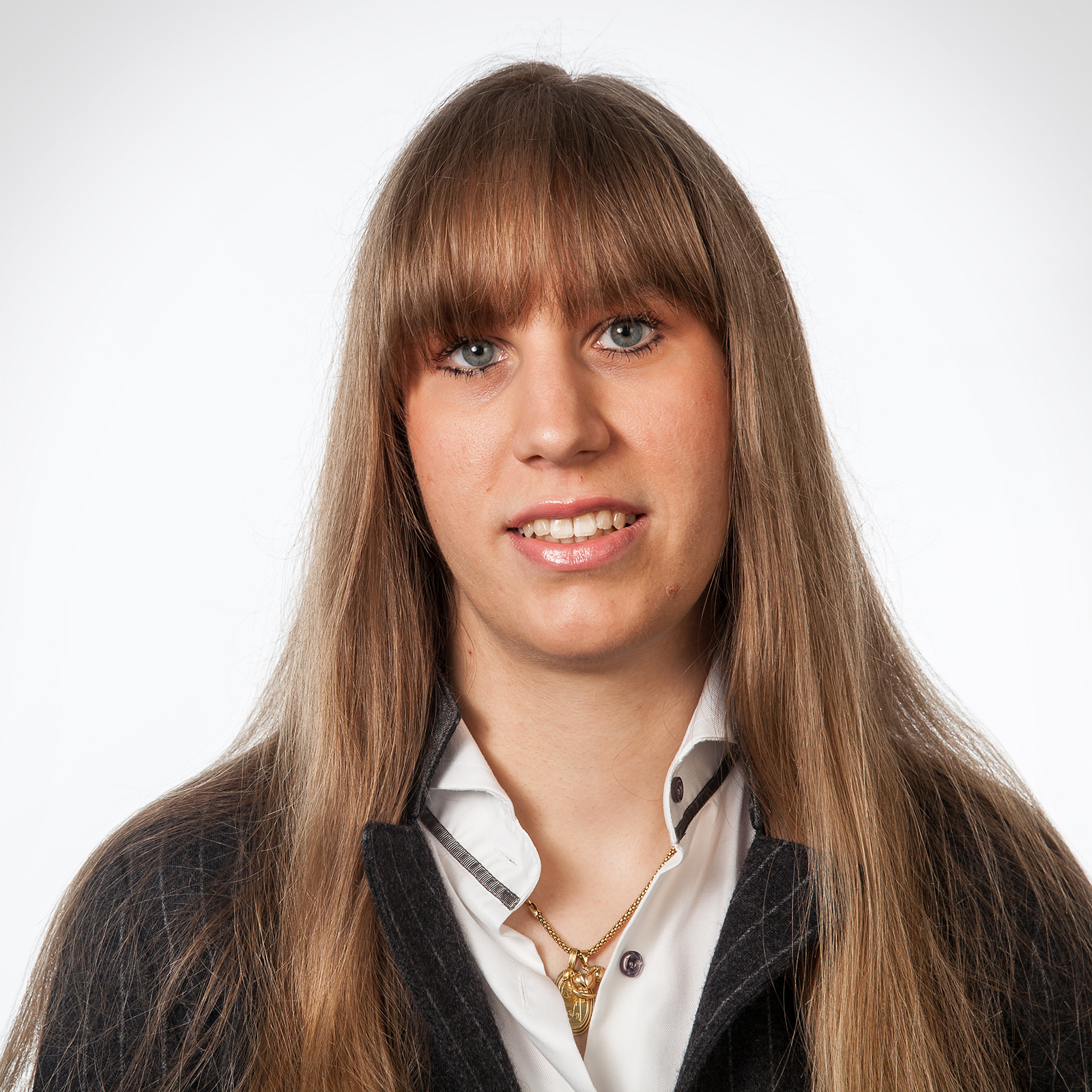Giulia Giordano appointed as Delft Technology Fellow
Giulia Giordano, assistant professor in Networked Cyber-Physical Systems at the Delft Center for Systems and Control, has been awarded a Delft Technology Fellowship (DTF).
The DTF is an initiative of the TU Delft that creates high-profile positions for outstanding female academic researchers and enables the fellows to establish their own research programme at an international top level, including a 5-year fellowship and start-up funding.
Giulia’s main research interests include the study of dynamical networks, the analysis of biological systems and the control of networked systems. ‘Our world is continuously changing and densely interconnected. Everywhere around us, in man-made systems such as smart grids, transportation networks or the Internet, but also inside the cells and tissues in our own bodies, we see complex phenomena due to the interplay of entities that evolve, in space and time, and interact with one another according to a precise wiring. One of my main research goals is to investigate how the network wiring affects the complex dynamic behaviours that emerge in the overall interconnected system.’
Giulia has a background in electrical engineering, dynamical systems and control theory. She received her PhD from the University of Udine in 2016. She held visiting positions at the Control and Dynamical Systems group, California Institute of Technology, and at the Institute of Systems Theory and Automatic Control, University of Stuttgart. Before joining the TU Delft, she was in the Department of Automatic Control and LCCC Linnaeus Center, Lund University.
Giulia received the Outstanding TAC Reviewer award letter from the IEEE Transactions on Automatic Control in 2016, the EECI PhD Award 2016 from the European Embedded Control Institute for her PhD thesis “Structural Analysis and Control of Dynamical Networks” and the IFAC NAHS Paper Prize 2017 as a co-author of the paper “A Switched System Approach to Dynamic Race Modelling”, published in the journal Nonlinear Analysis: Hybrid Systems in 2016.
This fellowship will fortify the study of dynamical networks, and in particular of the relation between network structure and emerging dynamics
Thanks to the DTF, Giulia will get off to a flying start at the TU Delft. ‘This fellowship will fortify the study of dynamical networks, and in particular of the relation between network structure and emerging dynamics.’ Giulia says. ‘The novel insight I wish to achieve through my mathematical methods will help us not only design resilient and efficient interconnected systems in engineering, but also understand the behaviour of biological systems and ecological systems, thus enabling innovative biotechnologies that can improve human health and quality of life, and new strategies for environmental sustainability.’
